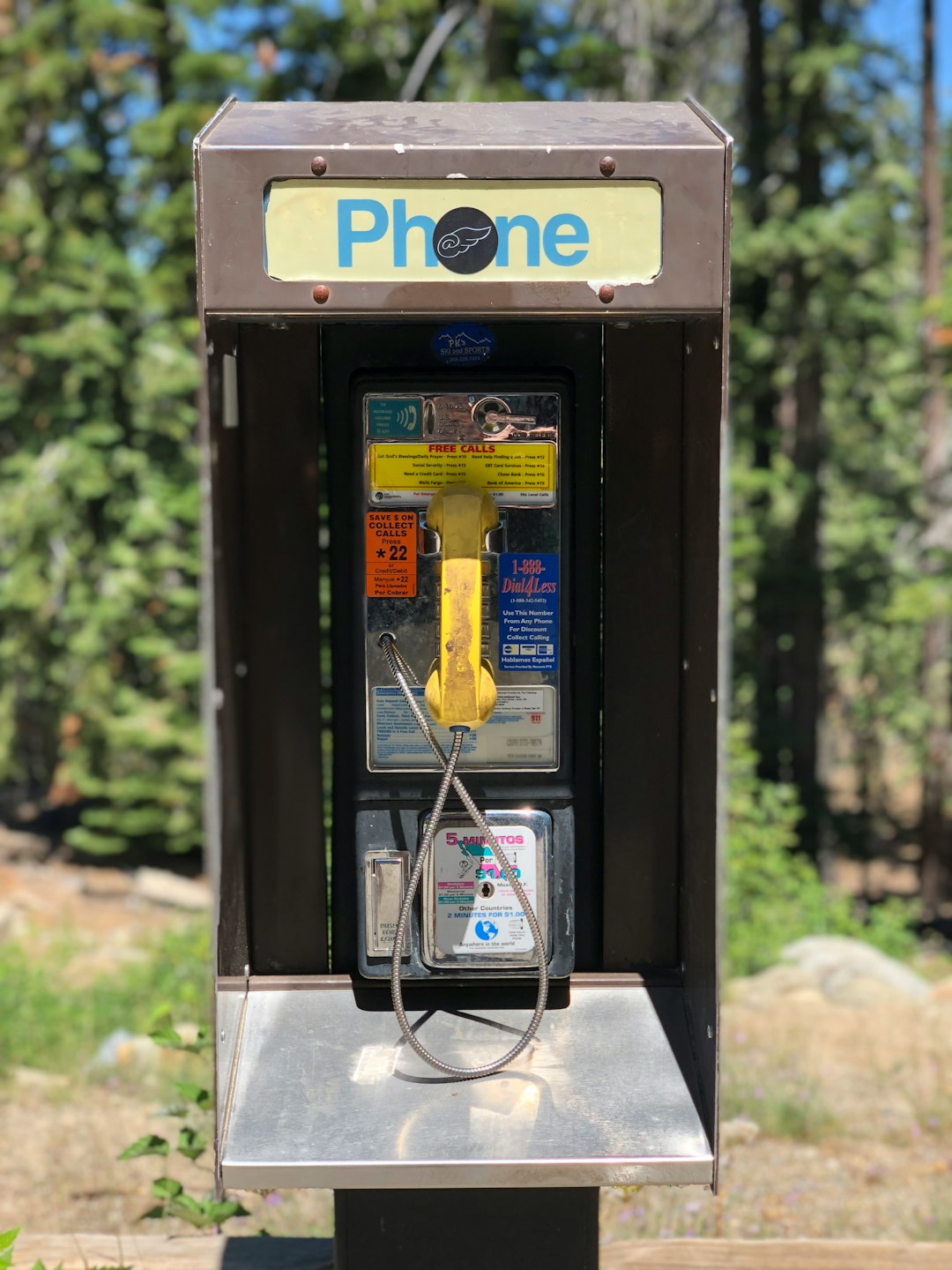Wyoming residents dealing with debt collectors are protected by state and federal laws, including a "Do Not Call" law that restricts collector behavior during certain hours. Debtors have rights to verify and contest debts, limiting communication from collectors until disputes are resolved. Maintaining composure, asserting your rights, and avoiding aggressive interactions are key. Filing complaints with regulatory bodies is recommended for unfair practices, but direct negotiation or alternative dispute resolution methods often prove more efficient. The use of "Do Not Call Law Firms" in Wyoming should be avoided unless necessary.
Navigating debt collector disputes can be daunting, but understanding your rights under Wyoming law is crucial. This state has stringent regulations governing debt collection practices, designed to protect consumers from aggressive or unfair tactics. This article guides you through the process, covering topics like communication strategies with debt collectors, your legal options, and alternative dispute resolution methods. Learn how to assert your rights without resorting to calling law firms in Wyoming, and effectively manage your debt collection conflicts.
Understanding Wyoming Law on Debt Collection Practices

In Wyoming, debt collection practices are governed by both state and federal laws. Understanding these regulations is crucial for both debtors and collectors to ensure fair and legal interactions. Wyoming law prohibits debt collectors from engaging in abusive, unfair, or deceptive acts when attempting to collect a debt. This includes not calling individuals at inconvenient times, such as before 8 am or after 9 pm, and refraining from using threatening or harassing language.
The state’s “Do Not Call” law further reinforces these protections, allowing consumers to register complaints against collectors who violate their rights. Debtors should be aware of their legal standing and the rights afforded to them under Wyoming law, including the right to verify the debt and contest its validity. By familiarizing themselves with these regulations, individuals can better navigate debt collection disputes and protect their legal interests without resorting to a “Do Not Call” law firm in Wyoming.
Rights of Consumers in Debt Disputes

When faced with debt collector disputes, consumers in Wyoming have specific rights protected by state law. One of the most important is the right to verify the validity of the debt. Consumers are entitled to request written proof from the debt collector, including details about the original creditor and the amount owed. This process, often referred to as debt validation, ensures that the consumer is actually responsible for the debt being claimed.
Additionally, Wyoming law restricts how often and when debt collectors can contact consumers. They must cease all communication if a dispute is registered and cannot call more than once per day or at unreasonable hours. These provisions are designed to safeguard consumers from harassment and provide them with time to gather information and consult with legal professionals without the pressure of constant collection efforts, encouraging them to exercise their rights effectively.
Communication Dos and Don'ts with Debt Collectors

Communication Dos and Don’ts with Debt Collectors (Wyoming Law)
When dealing with debt collectors in Wyoming, it’s crucial to understand how communication should flow. Do keep a calm and respectful demeanor during conversations. Responding politely ensures that you maintain control of the interaction while asserting your rights under Wyoming law. Clearly state your position regarding the debt, any disputes, and what information you’re willing to share.
Don’t engage in aggressive behavior or argue with the collector. While it’s important to be assertive, raising your voice or using hostile language can escalate the situation. Avoid providing any sensitive personal or financial information unless you’ve verified the collector’s legitimacy. Remember, Wyoming law protects consumers from unfair debt collection practices, so know your rights and don’t hesitate to seek legal counsel if necessary, but try to avoid calling law firms directly unless advised by a professional.
Legal Action and Filing a Complaint

When dealing with debt collector disputes under Wyoming law, understanding the legal action process is crucial. If individuals believe they have been treated unfairly or in violation of state laws during debt collection efforts, they have the right to take formal action. The first step is to gather all relevant documentation related to the dispute, including communication logs, contracts, and any evidence of misleading or harassing behavior from the debt collector.
Filing a complaint with the appropriate Wyoming regulatory agency is the next course of action. In Wyoming, the Wyoming Attorney General’s Office provides resources for consumers facing debt collection issues. They can file a formal complaint against the debt collector, which initiates an investigation into their practices. This process not only ensures accountability but also serves as a warning to other debt collectors operating within the state, highlighting the importance of adhering to Wyoming law and consumer rights.
Resolving Disputes Outside of Court: Alternatives and Negotiation Strategies

Many debt collection disputes can be resolved outside of court through alternative methods and negotiation strategies, which are often more efficient and cost-effective than litigation. In Wyoming, consumers have certain rights when dealing with debt collectors, including the right to request validation of the debt and to dispute the amount or existence of the debt. This process is crucial in ensuring that debt collectors adhere to fair debt collection practices as mandated by state law.
One common approach to resolving disputes is through direct communication and negotiation between the consumer and the debt collector. Consumers can attempt to resolve the issue by explaining their situation, providing supporting documentation, and proposing a mutually agreeable solution. For instance, a consumer might negotiate a payment plan or request a reasonable settlement offer. It’s recommended to avoid aggressive behavior and instead focus on clear, respectful communication. Additionally, consumers can explore mediation or arbitration as alternatives to court litigation, which can offer faster resolutions and potentially reduce legal fees in Wyoming.






